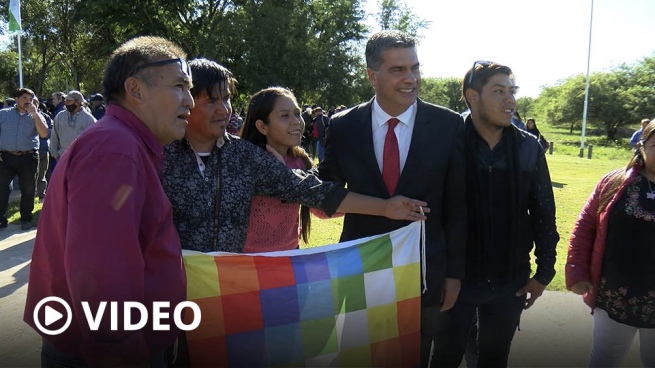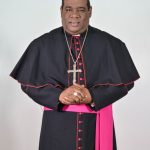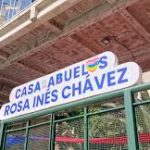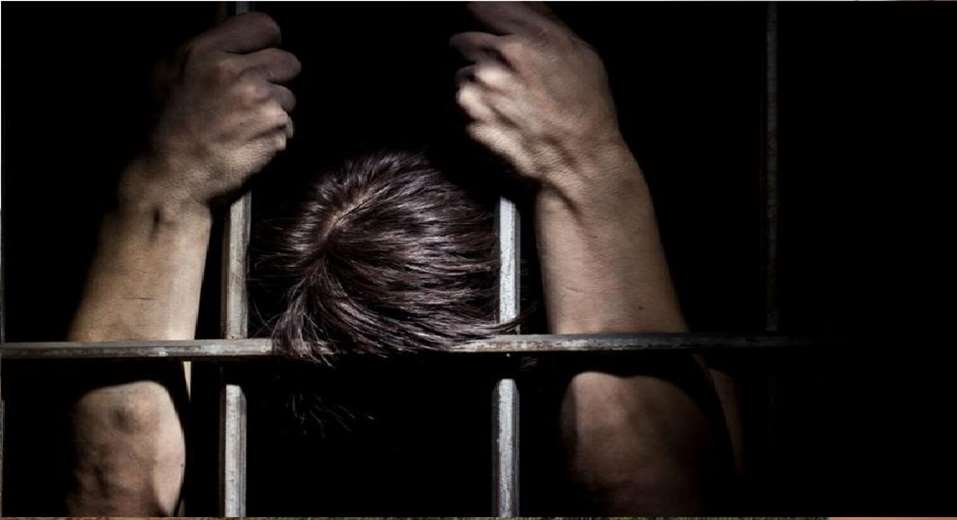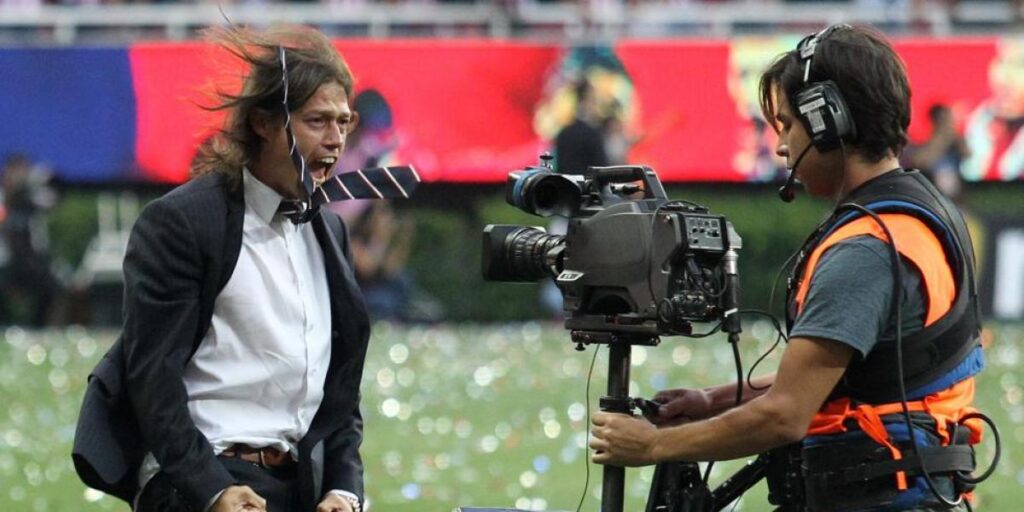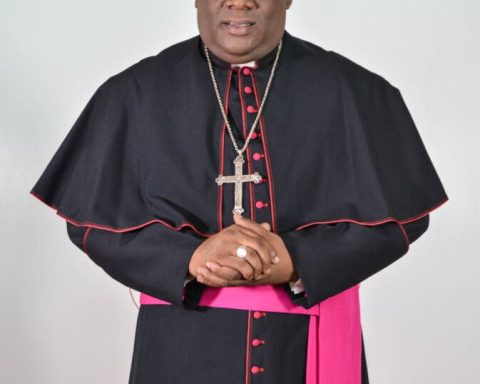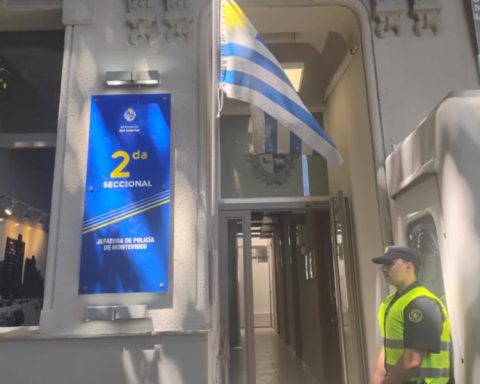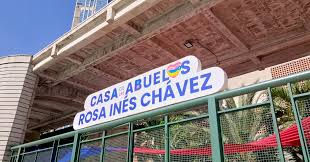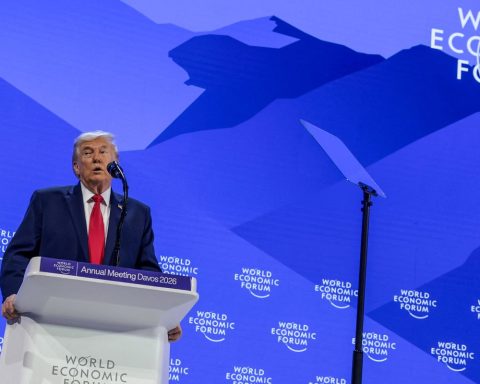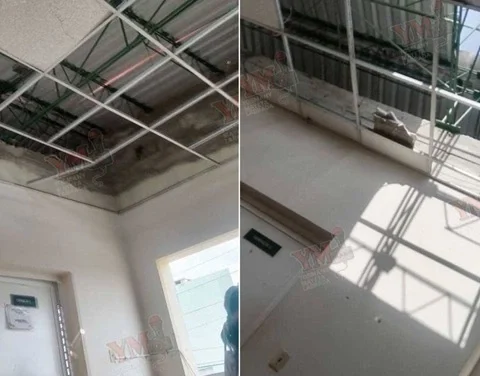By Gonzalo Torres, special for Télam
Capitanich stressed that “the important thing is that the Napalpí Massacre does not remain unpunished”
WATCH VIDEO
The historic oral and public trial for the Napalpi Massacrethe killing of hundreds of members of the indigenous peoples Qum Y moqoit executed almost a century ago by policemen, gendarmes and settlers in Chaco and declared a crime against humanity, will begin this Tuesday in Resistencia, where an act of homage led by the governor was held on Monday Jorge Captainichin which officials and members of those communities participated.
It will be a “truth trial” that will not have defendants -since those responsible for that 1924 massacre are deceased and thus will not have criminal punishments-, in which they will declare survivors and descendants of the victims, and which will have the contribution of evidence from the Secretary of Human Rights of the Nation arising from a special investigation, reported the official body that conducts Horacio Pietragalla Corti.
Pietragalla Corti will travel to Resistencia to participate in the first hearing and accompany the communities of the Qom and Moqoit peoples in what will be “the first trial in Argentine history that will investigate a massacre against indigenous peoples” that will begin on Aboriginal Day American, it was highlighted in a statement.
There will be two weekly hearings at the House of Resistance Cultures and on May 10 and 12 the court will travel to the city of Buenos Aires to hold two hearings at the Cultural Center of Memory Haroldo Contiin the former Esma, where investigators who dealt with the case will testify.
It was explained that all hearings will allow the presence of the public and will be broadcast through the Youtube channel of Federal Court 1 of Resistencia.
On the eve of the start of the trial for the massacre -declared in 2019 a crime against humanity by the federal justice and therefore imprescriptible- Capitanich led, together with officials from his cabinet and legislators, a tribute at the site where the events occurred and now there are a signaling memorial, the Napalpí Memorial, in Colonia Aborigen, 140 kilometers from the capital. There was also a memory for the historian and militant Juan Chico, a Qom politician who died during the pandemic, whose task was essential to clarify the facts and reach this process.
In that open-air space, with milestones and signs marking what happened, Capitanich stated that “this is a memorable day and the next 30 will be days of searching for truth and rememberingin which we will begin a historical reparation, so that this truth about the crimes that occurred in Napalpí becomes part of our identity and our culture”.
“We promote interculturality and the collective construction of an identity to value the cultures, health and knowledge of communities as part of an unfinished agenda. For this we owe ourselves a fairer and more supportive society and never more impunity, never again an absent state without justice or memory,” he asserted. The State of Chaco is a plaintiff in the lawsuit through the Secretariat of Human Rights and Gender and the Institute of the Chaco Aboriginal.
Also present at the event were the vice-governor, Analia Rachel Quiroga; the Secretary of Human Rights and Gender, Silvana Perez; John Manuel Garciamayor of Machagai; Nayla BoschUndersecretary of Human Rights; David Garcia Y Ana Noriegaof the Napalpí Foundation, and Francisco Romeroof the Institute of Culture of the Chaco.
For the Legislative Power, the provincial deputies participated Mariela Quirós, Rodrigo Ocampo and Rodolfo Schwartzman, the national deputy Lucila Masín and senator Marín Pilatti Vergara.

David García said that “we have come to vindicate our fallen, and also to vindicate the work culture of the indigenous communities.”
The massacre was the state response to the protest of natives and Creoles who demanded better
living conditions and fair wages.
Undersecretary Bosch commented that “we have a contradictory but hopeful feeling; it is contradictory because we got here without the figure of Juan Chico, who was a very important part. But we are hopeful because of the state’s impetus for this trial, and because of the participation role of family members and researchers. The goal is to continue building memory in an integral way and strengthen this diverse and multicultural identity of our province”.
The act began in the morning with a minute of silence and a religious invocation by Pastor Sara Barrientos. Then, Juan Carlos Martínez, a leader of the Moqoit community, raised the flag and a short film was shown in memory of Chico, teacher and historian of the Qom ethnic group, emblem of historical reconstruction and impetus for the conduct of the oral trial, who died of covid in 2021.
Chiico was seen saying: “We want to honor the struggle of the 30,000 (disappeared), the struggle of the Mothers, Grandmothers and Children, and we also want to honor our native peoples, victims of the first State terrorism, let’s work together to achieve it”.

Ana Noriega and David García began the round of speakers thanking “this recognition that is a contribution to memory”, they remembered Chico and expressed the desire to deepen the process with the truth trial. Legislators gave them a folder with documentation related to the subject and a formal declaration of legislative interest in the tribute and the trial.
The mayor of Machagai remarked that what happened in Napalpí was “a history denied and forgotten” and it is “necessary to recognize ancestral rights.”
Then Capitanich spoke and then the act closed with an artistic number of children from the communities, called “Corazón de Napalpí”, and the song of the local indigenous choir Chelalapí.
The first day will be held tomorrow, Tuesday 19, coinciding with the Day of the American Aboriginal, as resolved in a preliminary hearing in which the complaints of the Secretary of Human Rights and Gender of Chaco and the Institute of the Chaqueño Aboriginal (Idach) participated. the federal judge Zunilda Niremperger and representatives of the Resistance Federal Prosecutor’s Office.
This Tuesday, starting at 8, the formal opening will take place and audiovisual recordings of Juan Chico and the survivors Pedro Balquinta and Rosa Grilo will be broadcast.
The episodes occurred on July 19, 1924, when the police of the then National Territory of Chaco carried out the repressive action known as the “Napalpí Massacre” against a group of cotton workers belonging to the Moqoit, Qom, Shinpi aboriginal ethnic groups and some Creoles from Corrientes and Santiago living in the area, while they carried out a peaceful strike in the Napalpí reduction, 120 kilometers from Resistencia, in the vicinity of El Aguará, today an Aboriginal Colony.

The policy makers of the Napalpí Massacre were the Governor Fernando Centeno, Resistance Commissioner Roberto Sáenz Loza and who on the occasion acted as his lieutenant, Quitilipi Commissioner José B. Machado. The president of the “Aero Club Chaco” Agustín Cabal (h), provided the plane used in the attack.
Centeno gave the order to Sáenz Loza to go with 130 troops and some civilians to the conflict zone and to proceed to surround the reduction where the protesting communities were concentrated.
At 9 a.m. on July 19, a plane from the Chaco Aeroclub Aviation School, piloted by Sergeant Emilio Esquivel, accompanied by civilian Juan Browls, sprayed the thicket of the mountain with a chemical substance that caused the fire. of the tents. Children, women, men and the elderly went out into the open where they were brutally massacred by police officers who unloaded more than 5,000 cartridges in less than two hours.
There was no resistance because there were no weapons. Sáenz Loza ordered the beheading and then the mutilation of the dead and wounded. The testicles, ears and breasts were taken as “trophies of war”.
